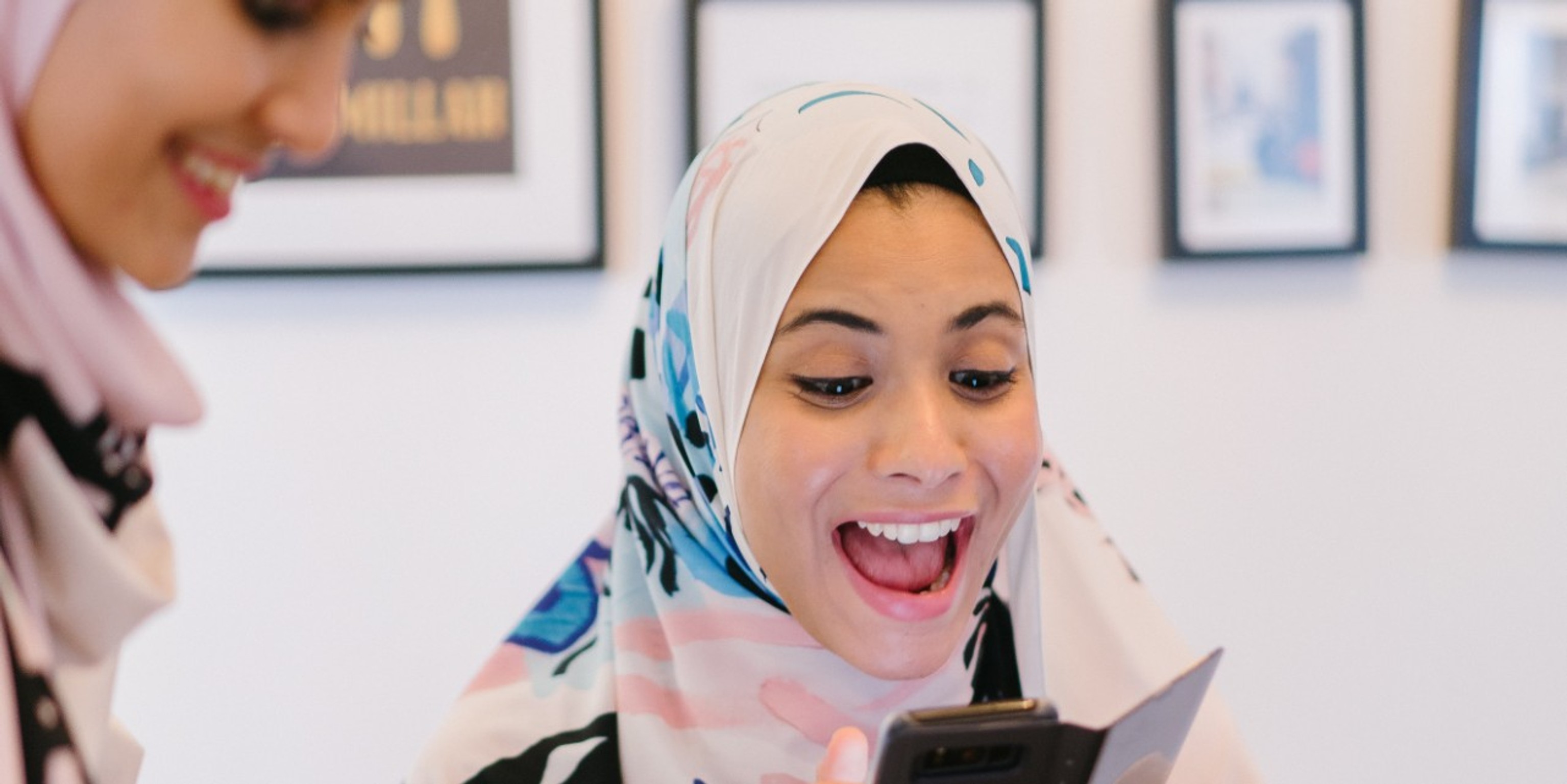
When the civic turn turns digital: Designing safe and secure refugee resettlement
Digital Social Innovation

Collaborators Royal Holloway, University of London
Abstract
We explore ‘the civic turn’ a process of integrating refugees into the social and cultural aspects of the new land.
Method
We engaged 89 refugees settling in Sweden, to explore how accelerated and digitalised resettlement processes shape the civic turn.
Takeaways
We call on the HCI community to engage with this vacuum and understand resettlement as encompassing multiple digitally-mediated transitional phases of citizenry.
Across Europe, refugees are required to engage with the “civic turn” – a process of integrating refugees into the social and cultural aspects of the new land.
Over a two-year period, we engaged 89 refugees settling in Sweden, to explore how accelerated and digitalised resettlement processes shape the civic turn. Framed within wider literature on transitioning and everyday insecurities, we show how this “digital turn” exacerbates existing barriers to resettlement experienced by refugees. By critically analysing these barriers, we reveal how the civic turn rests upon a series of everyday social and cultural practices and relations, which are largely ignored in digital service design. We show how this leads to a “vacuum” for our participants.
We call on the HCI community to engage with this vacuum and understand resettlement as encompassing multiple digitally-mediated transitional phases of citizenry.
We do so by focusing on the digitalisation processes shaping these transitions.
How it works
The research engagements employed a common methodological approach of Experience-Centered Design (ECD) research and built on collaborative collage which is one of the engagement tools termed “creative security methods”.
It uses collaging techniques to enable small groups to discuss research questions and present their views in a collage produced on paper.
We adopted these methods to enhance dialogue and bring to the fore the voices of our participants whilst creating a space for empathetic exchange of experiences.
The research was carried out in two schools in southern Sweden – Malmö (RgM) and Trelleborg (RgT) – with 89 refugees learning Swedish, aged 28–76, between November 2017 and May 2019.